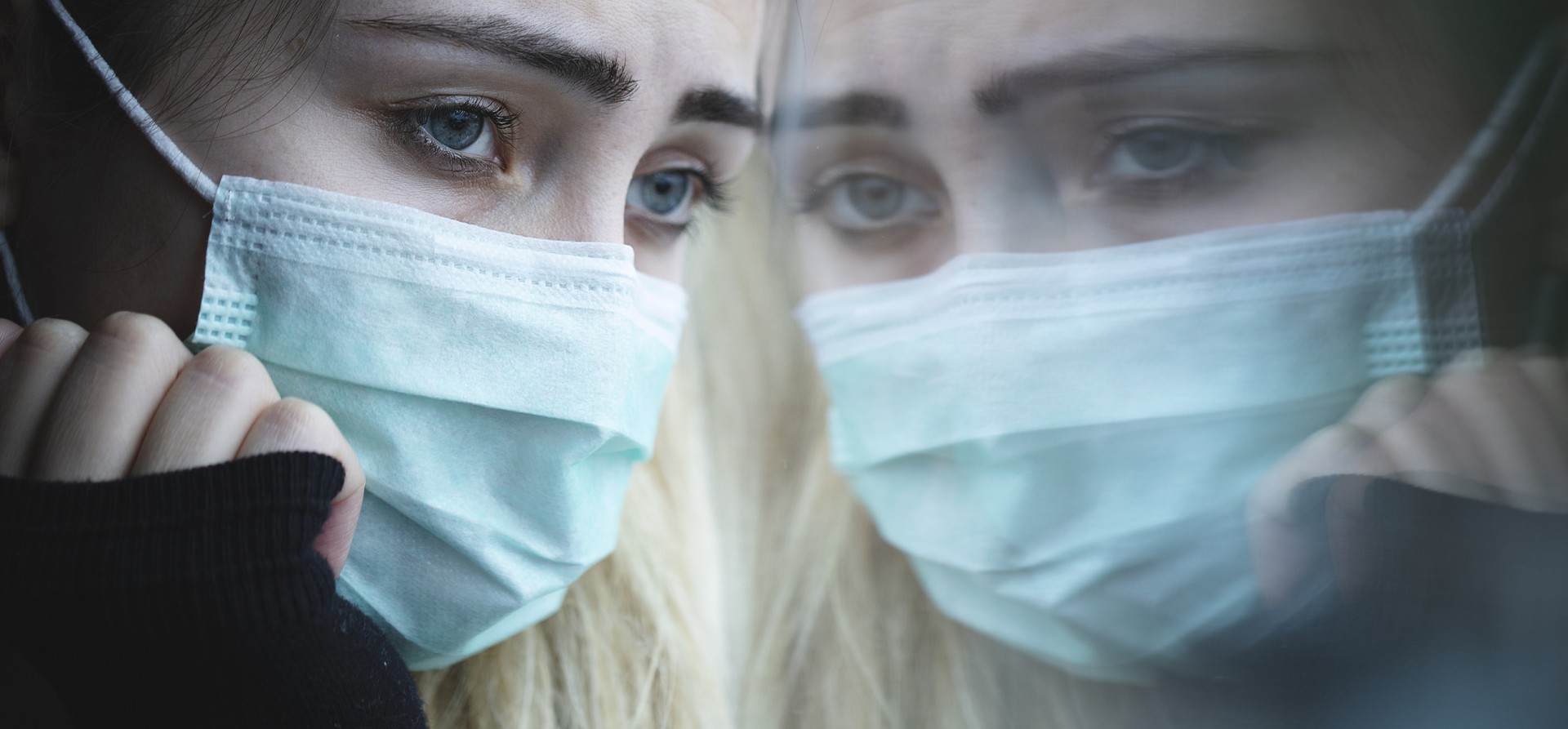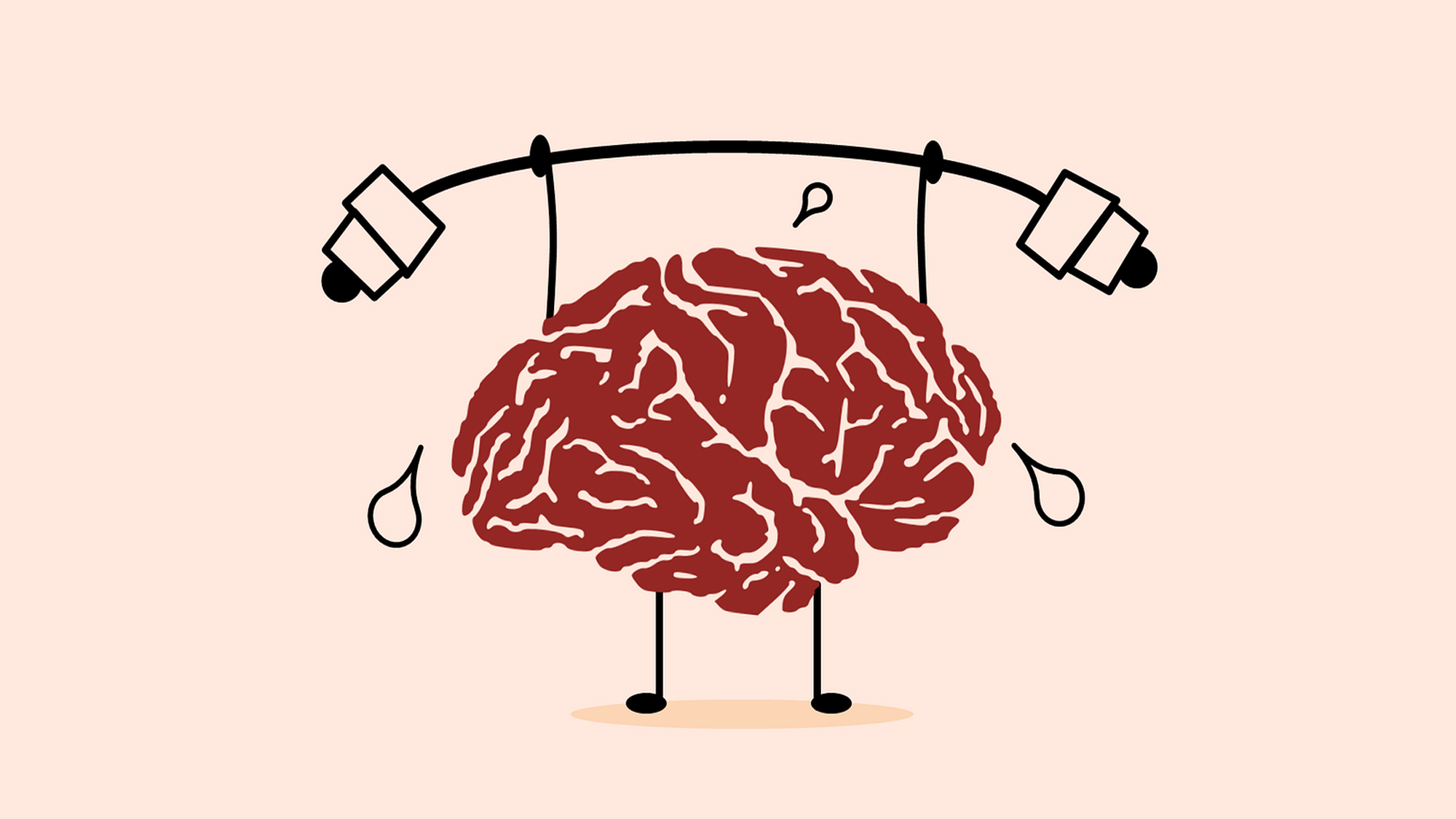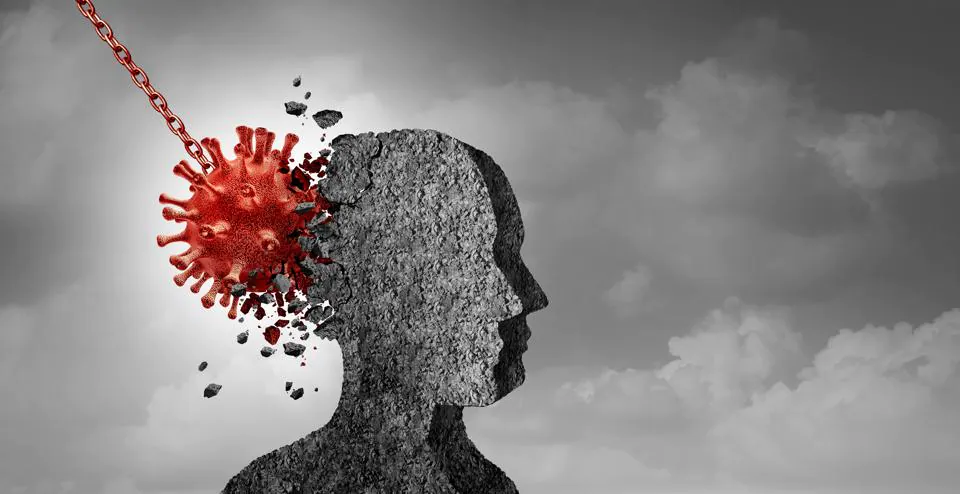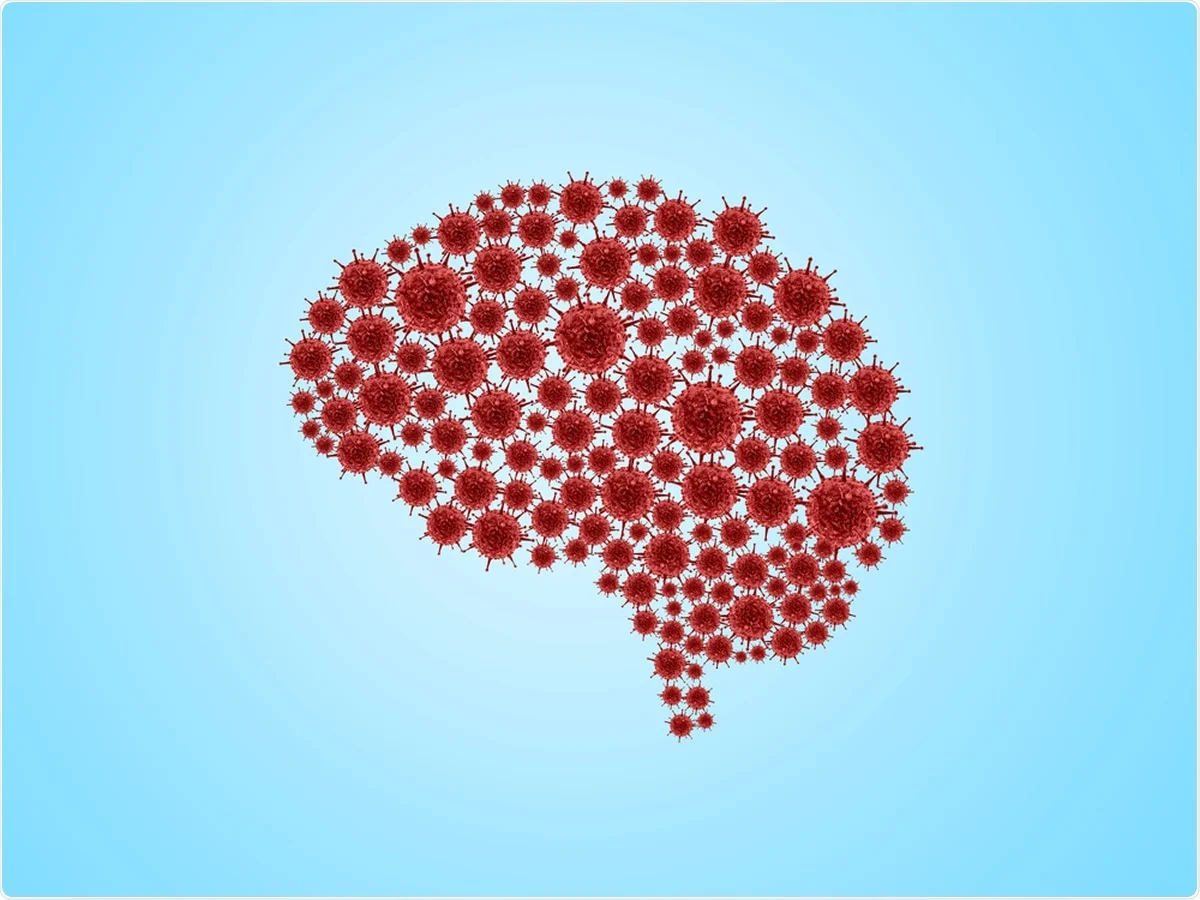Introduction:
The COVID-19 pandemic has brought about unprecedented challenges. It’s disrupting lives and causing immense loss and uncertainty. Beyond the physical health consequences, the pandemic has also taken a heavy toll on mental health worldwide. In this blog post, we will delve into the profound impact of COVID-19 on mental well-being. Examining the various factors contributing to this crisis and discussing strategies to support it. And promote mental health during these challenging times.

Understanding the Mental Health Fallout:
The pandemic has acted as a catalyst, exacerbating existing mental health issues and creating new ones. The fear of contracting the virus, coupled with the loss of loved ones, financial strain, and social isolation. And the disruption of routines has led to increased levels of stress, anxiety, and depression among individuals of all ages.
- Heightened Anxiety and Fear: COVID-19 has unleashed a wave of anxiety and fear, affecting people’s mental well-being. Uncertainty Impact of COVID-19 surrounding the virus, its transmission, and the long-term consequences. It has left many individuals grappling with a constant state of worry. The fear of contracting the virus, especially for vulnerable populations, has resulted in increased stress levels and hypervigilance.
- Social Isolation and Loneliness: The necessary public health measures, such as physical distancing and lockdowns, have led to social isolation and disrupted social support networks. Humans are social beings, and the absence of social connections can have detrimental effects on mental health. Feelings of loneliness and social isolation have been linked to increased rates of depression, anxiety, and even suicidal ideation.

- Impact on Healthcare Workers: Healthcare workers have been at the forefront of battling the pandemic, working tirelessly to care for patients. However, this has taken a toll on their mental well-being. They face unprecedented challenges, including long working hours, increased patient loads, personal protective equipment shortages, and the constant risk of exposure to the virus. The resulting burnout, compassion fatigue, and moral distress can lead to anxiety, depression, and post-traumatic stress disorder (PTSD) among healthcare professionals.
- Disruptions in Routine and Lifestyle: The pandemic has upended our daily routines and lifestyle habits, leading to increased stress and anxiety. Work-from-home arrangements, homeschooling, and limited access to recreational activities have created a sense of monotony and restlessness. This disruption to our usual coping mechanisms can exacerbate feelings of anxiety and depression.
Addressing the Mental Health Crisis:

Recognizing the gravity of the mental health crisis brought on by the pandemic is the first step toward finding solutions. Here are some essential strategies to address the impact of COVID-19 on mental health:
- Promoting Awareness and Education: Raising awareness about mental health and providing accurate information about the psychological impact of the pandemic is crucial. Educational campaigns can help reduce stigma, increase understanding, and encourage individuals to seek support.
- Accessible Mental Health Services: Expanding access to mental health services is paramount. Telehealth and online platforms have played a significant role in providing remote mental health support during the pandemic. Governments and healthcare systems must invest in resources to ensure that mental health services are accessible to all, regardless of socioeconomic status or geographic location.
- Supporting Healthcare Workers: Healthcare professionals need adequate support to protect their mental well-being. This includes providing them with resources for self-care, prioritizing rest and recovery, implementing mental health check-ins, and offering counseling services. Creating a supportive work environment and ensuring access to mental health resources can help healthcare workers navigate the challenges they face.

- Fostering Social Connections: Promoting social connections, even in a physically distanced world, is essential. Encouraging virtual gatherings, maintaining regular communication with friends and loved ones, and supporting community initiatives can help combat feelings of loneliness and isolation.
- Self-Care and Coping Strategies: Individuals should prioritize self-care practices to support their mental health. Engaging in regular exercise, practicing mindfulness and meditation, maintaining a healthy diet, and getting adequate sleep can contribute to overall well-being. It is crucial to identify and engage in activities that bring joy and provide a sense of purpose.
- Strengthening Resilience: Building resilience is key to weathering the storm of the pandemic. Resilience can be cultivated through developing problem-solving skills, fostering optimism, nurturing social support networks, and seeking professional help when needed. Encouraging a growth mindset and focusing on adaptive strategies can help individuals bounce back from adversity.
Conclusion:
The COVID-19 pandemic has not only impacted physical health but has also caused a global mental health crisis. Recognizing the far-reaching effects of the pandemic on mental well-being is crucial for implementing effective strategies to support individuals and communities. By promoting awareness, expanding access to mental health services, supporting healthcare workers, fostering social connections, prioritizing self-care, and building resilience, we can navigate this challenging time and emerge stronger, both individually and collectively. Let us come together to prioritize mental health, support one another, and ensure that no one faces this crisis alone.
https://en.wikipedia.org/wiki/COVID-19



